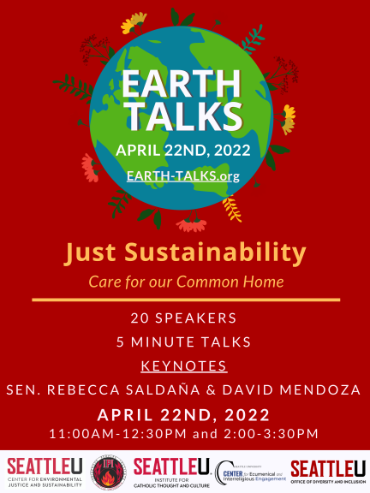Stewardship: Recovering the Human Vocation
There's a fatalistic sense among many in the environmental community that the best thing human beings could do for planet Earth is to allow ourselves to go extinct. Looking back on the centuries of unfathomable destruction wrought by human hands, it’s understandable that we would be short on hope that human beings could make a neutral impact on our ecosystems, let alone a positive one. Nevertheless, if, in the face of the climate and ecological crises, we are to pull off the widespread change that will be necessary to preserve a just and thriving planet, we must have something for which to hope. For years, the creation stories in the Book of Genesis have been misused to perpetuate what Pope Francis called in Laudato Si’ a “misguided anthropocentrism,” in which humans “dominate” and “master” the non-human environment. In a world so shaped by these paradigms, it can be hard to imagine that human beings could, in fact, benefit our ecosystems. Revisiting the Genesis stories in light examples from regenerative agriculture and the land practices of indigenous communities, this Earth Talk argues for the retrieval of a positive vision of humans’ place in the web of life as a necessary component of our work for climate justice in both secular and sacred realms.
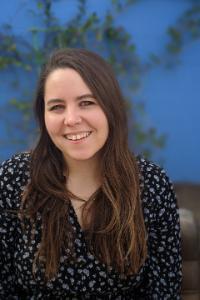 Anna Robertson is the Director of Youth and Young Adult Mobilization at the Catholic Climate Covenant. I was born and raised in Nashville, Tennessee and, since graduating from high school, I've called many places home, including Cincinnati, Central America, West Virginia, Boston, and Seattle. I have a Master's of Theological Studies from the Boston College School of Theology and Ministry and a Bachelor of Arts in Theology from Xavier University in Ohio. Prior to working at the Catholic Climate Covenant, I worked as Campus Minister for Retreats at Seattle University, supported families of women experiencing incarceration, conducted research on collective memory in El Salvador, and accompanied students on international immersions at the intersection of faith and justice in Latin America. I'm passionate about supporting the emergence of the widespread ecological conversion of hearts called for by Pope Francis in Laudato Si’. In my free time, I enjoy playing music, getting outside, and writing.
Anna Robertson is the Director of Youth and Young Adult Mobilization at the Catholic Climate Covenant. I was born and raised in Nashville, Tennessee and, since graduating from high school, I've called many places home, including Cincinnati, Central America, West Virginia, Boston, and Seattle. I have a Master's of Theological Studies from the Boston College School of Theology and Ministry and a Bachelor of Arts in Theology from Xavier University in Ohio. Prior to working at the Catholic Climate Covenant, I worked as Campus Minister for Retreats at Seattle University, supported families of women experiencing incarceration, conducted research on collective memory in El Salvador, and accompanied students on international immersions at the intersection of faith and justice in Latin America. I'm passionate about supporting the emergence of the widespread ecological conversion of hearts called for by Pope Francis in Laudato Si’. In my free time, I enjoy playing music, getting outside, and writing.
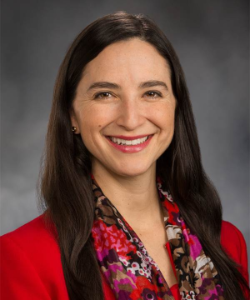
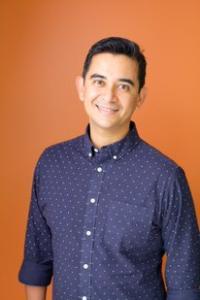

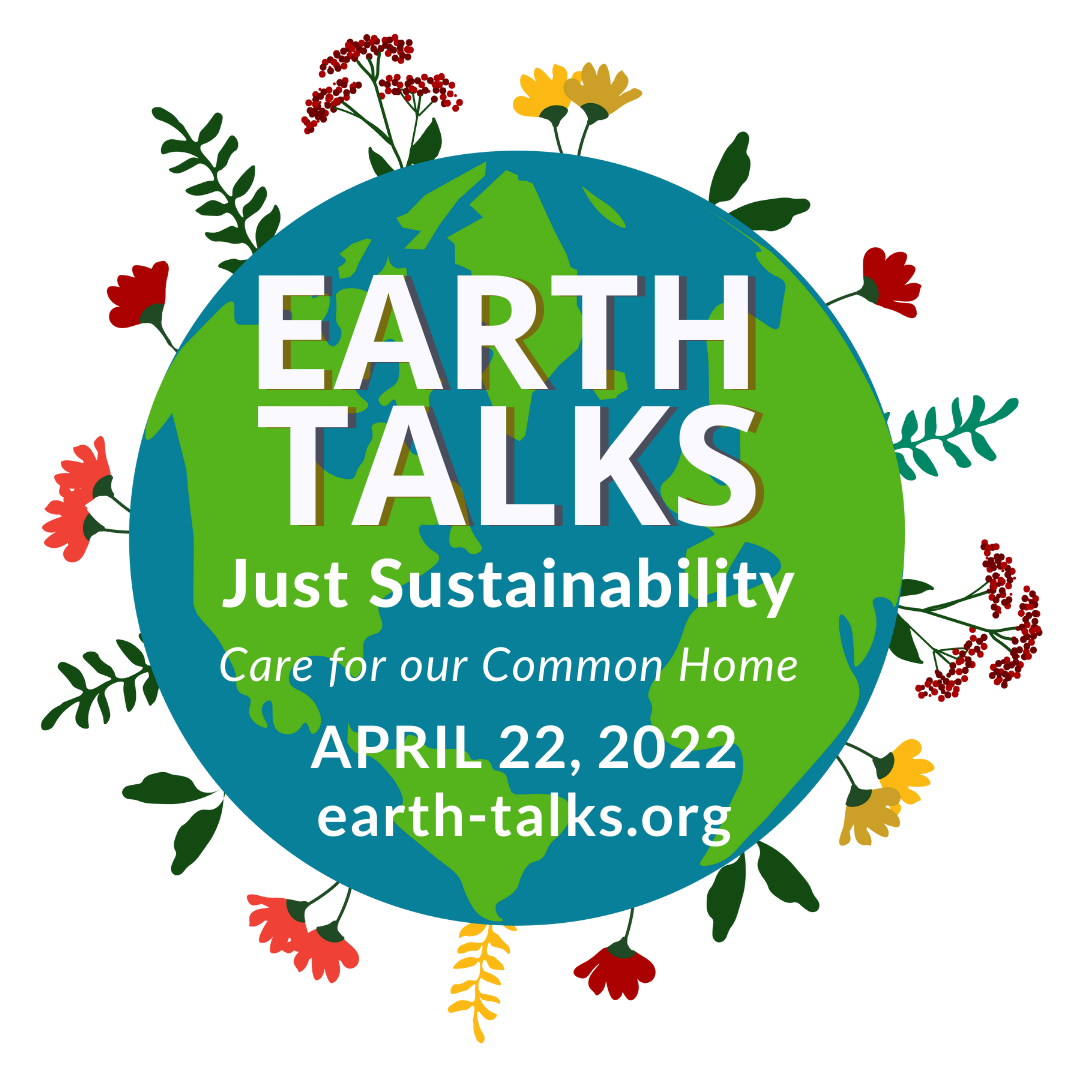

-(1).png)
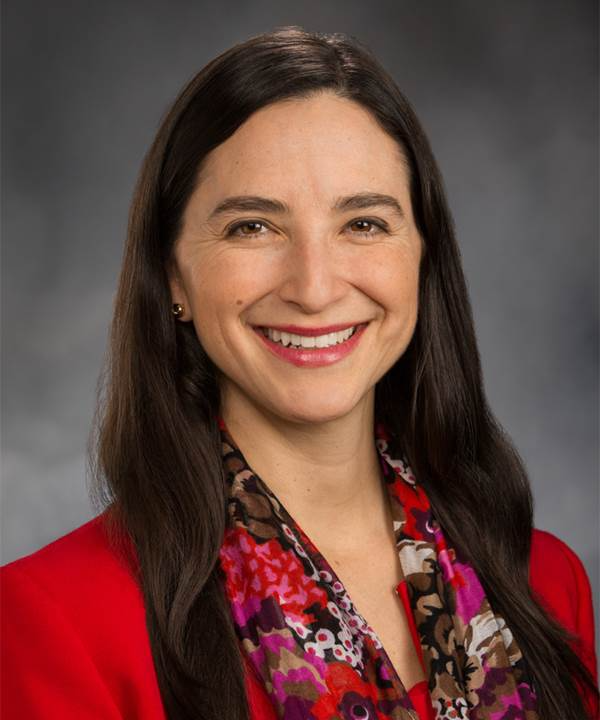
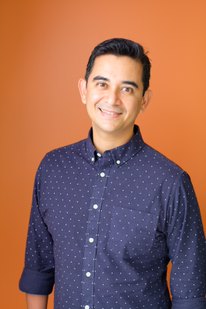
-300x300.png) Donna Shahbazi is a student at Seattle University School of Law and currently serves on the Seattle U President’s Committee for Sustainability. She is also a CEJS Research Fellow and is studying student led climate justice movements across America. In the past she has led successful fossil fuel divestment and plastic free campaigns and has also advocated at Capitol Hill for climate justice policy and legislation.
Donna Shahbazi is a student at Seattle University School of Law and currently serves on the Seattle U President’s Committee for Sustainability. She is also a CEJS Research Fellow and is studying student led climate justice movements across America. In the past she has led successful fossil fuel divestment and plastic free campaigns and has also advocated at Capitol Hill for climate justice policy and legislation.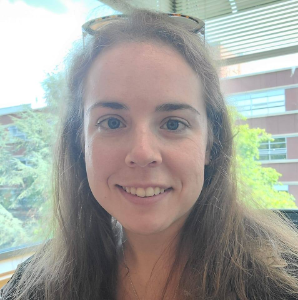
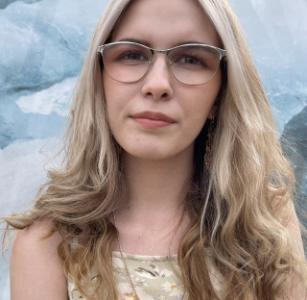 Liz Colavecchio is an anthropology student at SeattleU. Growing up in Anchorage, Alaska, the topic of sustainability and care for the earth has always been particularly important to her, as she has seen it directly impact her home. She has always had a passionate interest in writing, and public speaking, as well as poetry; and she wants to use these skills to advocate for issues she has seen directly impact her community and home states environment.
Liz Colavecchio is an anthropology student at SeattleU. Growing up in Anchorage, Alaska, the topic of sustainability and care for the earth has always been particularly important to her, as she has seen it directly impact her home. She has always had a passionate interest in writing, and public speaking, as well as poetry; and she wants to use these skills to advocate for issues she has seen directly impact her community and home states environment.  Anna Robertson is the Director of Youth and Young Adult Mobilization at the
Anna Robertson is the Director of Youth and Young Adult Mobilization at the 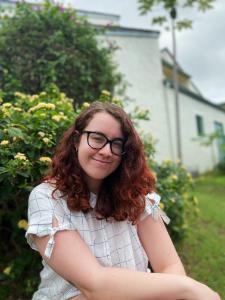 Taylor Kaili McKenzie is a senior at Seattle University double majoring in Environmental Studies and Women, Gender, and Sexuality Studies who will be graduating with honors this June! She is one of three students in Departmental Honors for Women, Gender, and Sexuality Studies and will be publishing her thesis on Critical Feminist Systematic Review of Indigenous Agroecology next quarter. Her Earth Talks presentation utilizes some of the data in her thesis and offers a sneak peak into what readers can expect to learn when her work is published.
Taylor Kaili McKenzie is a senior at Seattle University double majoring in Environmental Studies and Women, Gender, and Sexuality Studies who will be graduating with honors this June! She is one of three students in Departmental Honors for Women, Gender, and Sexuality Studies and will be publishing her thesis on Critical Feminist Systematic Review of Indigenous Agroecology next quarter. Her Earth Talks presentation utilizes some of the data in her thesis and offers a sneak peak into what readers can expect to learn when her work is published. Gabriella Robinson
Gabriella Robinson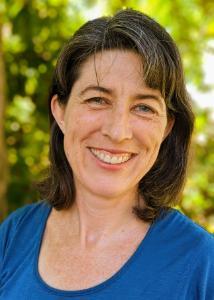 Dr. Tanya Hayes is a professor and the director of the Environmental Studies program and the Institute of Public Service. She teaches research methods, environmental policy, and directs the senior capstone projects. Dr. Hayes’s expertise is in policy and program evaluation, specifically in how international environmental policies impact community resource management and livelihoods in low-income countries. Her research examines programs to support environmental conservation and sustainable development in countries throughout Latin America: Honduras, Nicaragua, Colombia, Peru and Ecuador. Her previous work examined the impacts of different protected area policies on forest management and livelihoods in indigenous communities. Her more recent work examines the social and behavioral impacts of Payment for Environmental Services (PES), and related incentive-based conservation policies. Dr. Hayes has authored over fifteen publications. Here recent work can be found in World Development, Land Use Policy, Environmental Science and Policy, and Nature: Sustainability.
Dr. Tanya Hayes is a professor and the director of the Environmental Studies program and the Institute of Public Service. She teaches research methods, environmental policy, and directs the senior capstone projects. Dr. Hayes’s expertise is in policy and program evaluation, specifically in how international environmental policies impact community resource management and livelihoods in low-income countries. Her research examines programs to support environmental conservation and sustainable development in countries throughout Latin America: Honduras, Nicaragua, Colombia, Peru and Ecuador. Her previous work examined the impacts of different protected area policies on forest management and livelihoods in indigenous communities. Her more recent work examines the social and behavioral impacts of Payment for Environmental Services (PES), and related incentive-based conservation policies. Dr. Hayes has authored over fifteen publications. Here recent work can be found in World Development, Land Use Policy, Environmental Science and Policy, and Nature: Sustainability.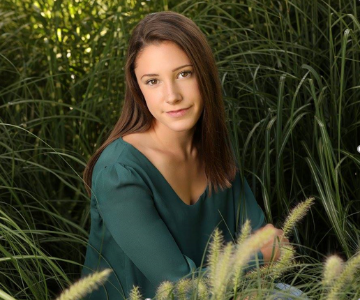 Molly Elrick is a fourth-year student from New Hampshire studying Civil Engineering with an environmental engineering specialty. She is passionate about sustainability and has previously presented research about urban vertical farming at the Seattle University Undergraduate Research Conference.
Molly Elrick is a fourth-year student from New Hampshire studying Civil Engineering with an environmental engineering specialty. She is passionate about sustainability and has previously presented research about urban vertical farming at the Seattle University Undergraduate Research Conference.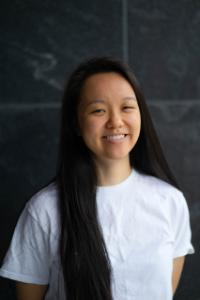
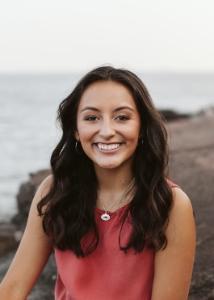 Gabby Batinich is a junior in Environmental Studies major who has been working on research examining climate policy transitions.
Gabby Batinich is a junior in Environmental Studies major who has been working on research examining climate policy transitions.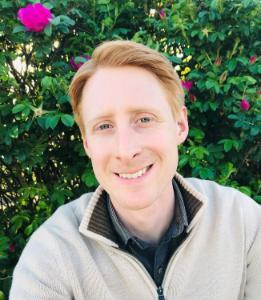
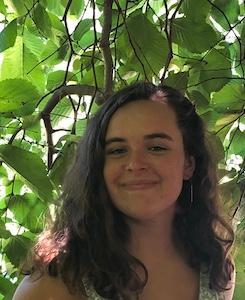 Keira Cruickshank is a Student Representative of Sustainable Student Action and a fourth year student studying sociology and creative writing. She has been a member of Sustainable Student Action since her freshman year and is also involved with the Gender Justice Center, Inigo Productions, and Students for Justice in Palestine. On the weekends, Keira enjoys going to Yes Farm with Emily!
Keira Cruickshank is a Student Representative of Sustainable Student Action and a fourth year student studying sociology and creative writing. She has been a member of Sustainable Student Action since her freshman year and is also involved with the Gender Justice Center, Inigo Productions, and Students for Justice in Palestine. On the weekends, Keira enjoys going to Yes Farm with Emily!-213x300.jpg)
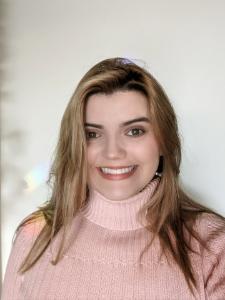 Audrey Graves
Audrey Graves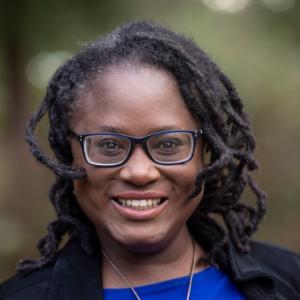
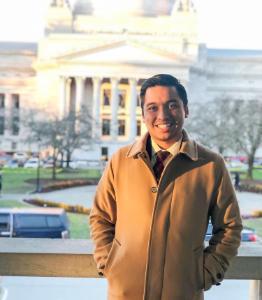 Guillermo Rogel is a professional lobbyist in Olympia, WA working on environmental justice and racial justice issues in the state legislature. Before moving to Washington in 2016, Guillermo was organizing undergraduate and graduate students in the University of California system on accessible higher education campaigns. Guillermo attended UC Santa Cruz where he received his degree in International Relations. Today, Guillermo works at Legislative and Governmental Relations Advocate with Front and Centered and works to make sure frontline communities have a voice in the state legislative process.
Guillermo Rogel is a professional lobbyist in Olympia, WA working on environmental justice and racial justice issues in the state legislature. Before moving to Washington in 2016, Guillermo was organizing undergraduate and graduate students in the University of California system on accessible higher education campaigns. Guillermo attended UC Santa Cruz where he received his degree in International Relations. Today, Guillermo works at Legislative and Governmental Relations Advocate with Front and Centered and works to make sure frontline communities have a voice in the state legislative process.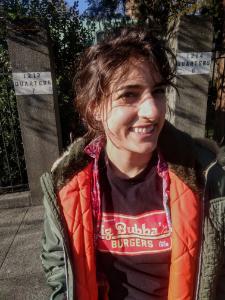 Emily Tacke is an Environmental Studies major ('23) specializing in Urban Sustainability. She has been working through this year with Dr. Heidi Liere researching urban gardens.
Emily Tacke is an Environmental Studies major ('23) specializing in Urban Sustainability. She has been working through this year with Dr. Heidi Liere researching urban gardens.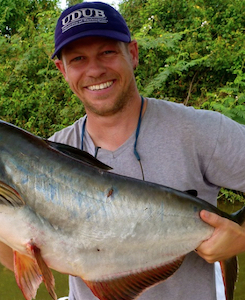 an aquatic community ecologist with a research focus on the interaction between native and non-native species within freshwater and marine ecosystems. His interests include community ecology, freshwater ecology and conservation biology.
an aquatic community ecologist with a research focus on the interaction between native and non-native species within freshwater and marine ecosystems. His interests include community ecology, freshwater ecology and conservation biology.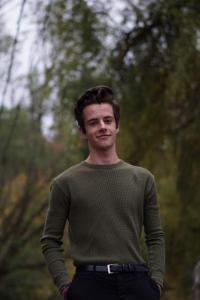 Zak Smith is a third year environmental studies and public affairs major at SU. He is the raingarden project manager for Seattle University’s Engineer’s for a Sustainable World chapter and a student gardener with SU Grounds. As a junior majoring in environmental studies and public affairs, he finds it rewarding to be involved in a club of mostly engineering students since it helps him build a broad knowledge base. He hopes to combine his education, experience with the club, and time as a student gardener to enter the field of landscape architecture after graduation.
Zak Smith is a third year environmental studies and public affairs major at SU. He is the raingarden project manager for Seattle University’s Engineer’s for a Sustainable World chapter and a student gardener with SU Grounds. As a junior majoring in environmental studies and public affairs, he finds it rewarding to be involved in a club of mostly engineering students since it helps him build a broad knowledge base. He hopes to combine his education, experience with the club, and time as a student gardener to enter the field of landscape architecture after graduation.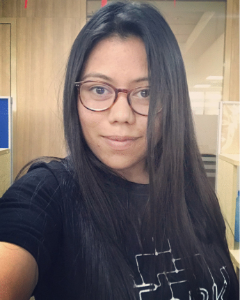
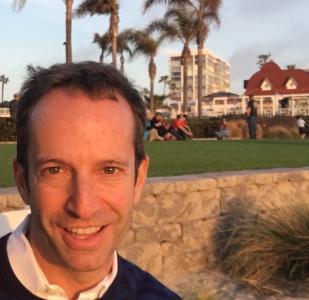 Dr. Lawrence Frank specializes in the interaction between land use, travel behavior, air quality and health; and in the energy use and climate change impacts of urban form policies. He is a “walkability pioneer” and was among the very first to quantify connections between built environment, active transportation, and health. He began using the term “walkability” in the early 90’s and his Seattle based work led to WalkScore and has been cited over 43,000 times. He has been listed in Thompson and Reuter’s top 1% in the social sciences since 2014 and is the #1 top ranked planning academic in North America according to a recent Google Scholar ranking. Dr. Frank has published over 200 peer reviewed articles and reports and co-authored Heath and Community Design and Urban Sprawl and Public Health nearly 2 decades ago that mapped out the field emerging at the nexus between built and natural environments and health.
Dr. Lawrence Frank specializes in the interaction between land use, travel behavior, air quality and health; and in the energy use and climate change impacts of urban form policies. He is a “walkability pioneer” and was among the very first to quantify connections between built environment, active transportation, and health. He began using the term “walkability” in the early 90’s and his Seattle based work led to WalkScore and has been cited over 43,000 times. He has been listed in Thompson and Reuter’s top 1% in the social sciences since 2014 and is the #1 top ranked planning academic in North America according to a recent Google Scholar ranking. Dr. Frank has published over 200 peer reviewed articles and reports and co-authored Heath and Community Design and Urban Sprawl and Public Health nearly 2 decades ago that mapped out the field emerging at the nexus between built and natural environments and health.